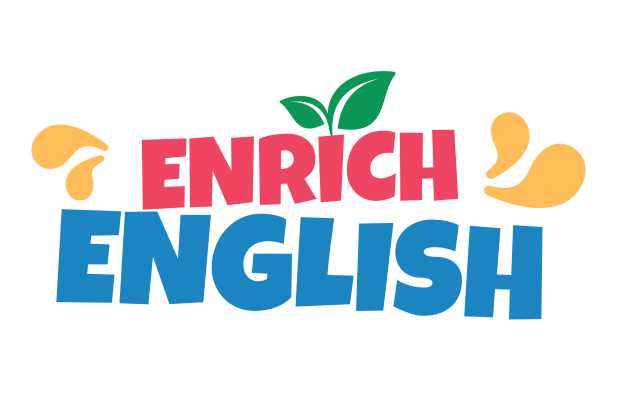Environmental protection
Lesson focuses on environmental protection, discussing conservation strategies, the impact of pollution, and sustainable practices.

Part 1
Warm-up
Look at the picture and answer the question.
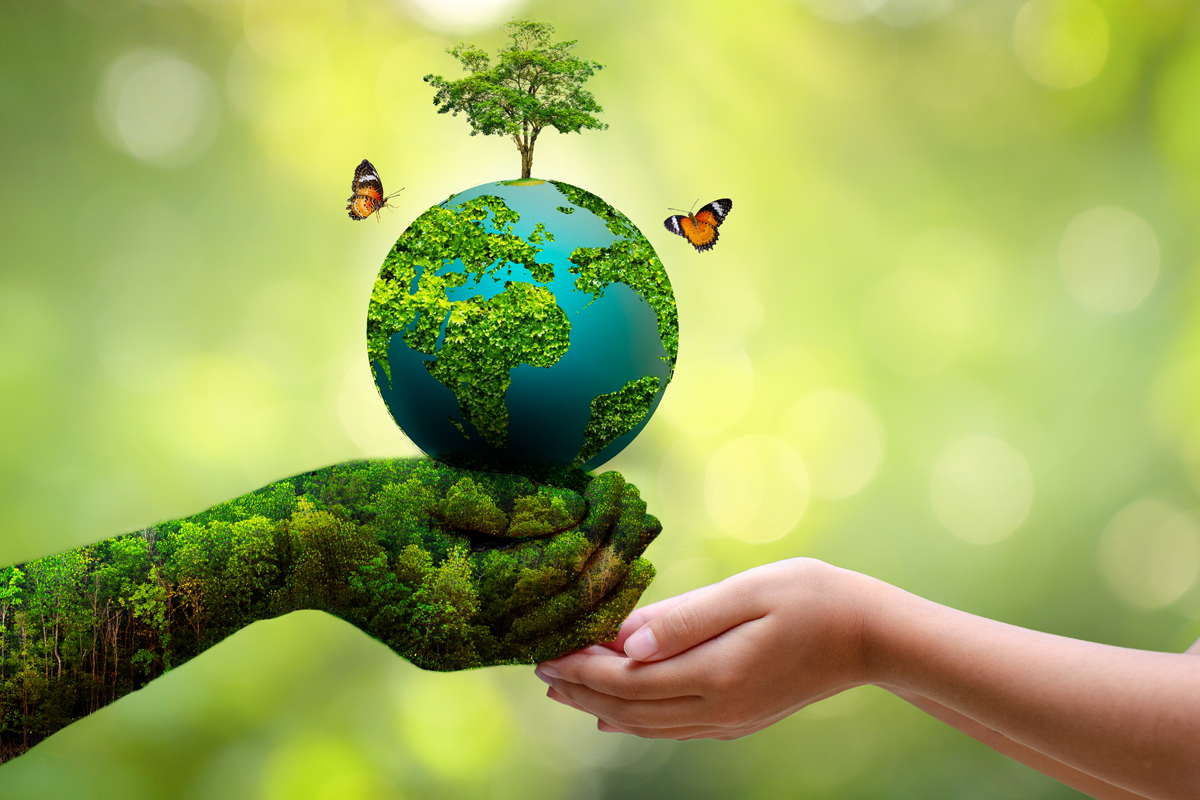
What do you think the meaning of this picture is?
Part 2
Vocabulary
Read the word, its’ meaning, and the examples
Then make up your own sentences using the word.
Student can skip the words they already know.
recycle
/ˌriːˈsaɪ.kəl/
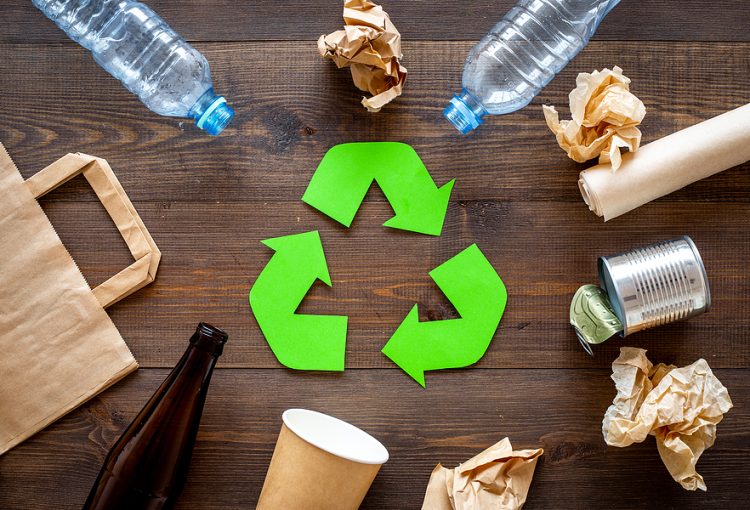
to use a special industrial process in order to make materials and products ready to be used again
We should recycle paper to save trees.
Everyone can recycle bottles and cans.
conserve
/kənˈsɜːv/

to keep and protect something from damage, change, or waste
It's important to conserve energy by turning off lights when not in use.
Schools teach children to conserve wildlife.
pollution
/pəˈluː.ʃən/
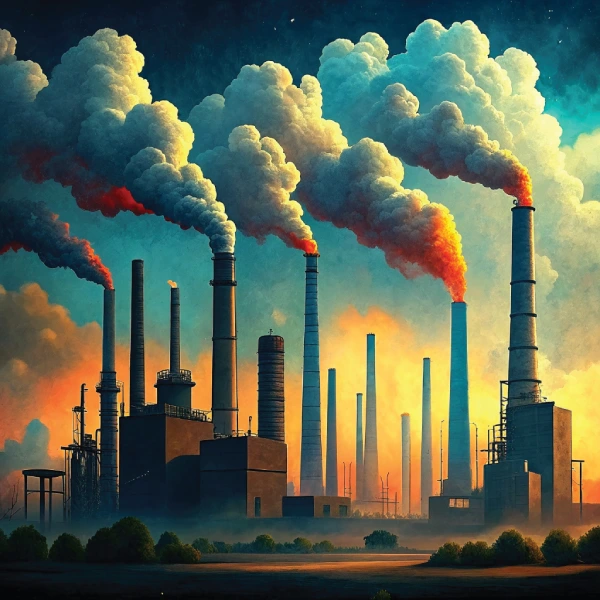
damage caused to water, air, etc. by harmful substances or waste
Water pollution affects fish and aquatic life.
Air pollution is a big problem in cities.
ecosystem
/ˈe.koʊˌsɪs.təm/
or
/ˈiː.koʊˌsɪs.təm/
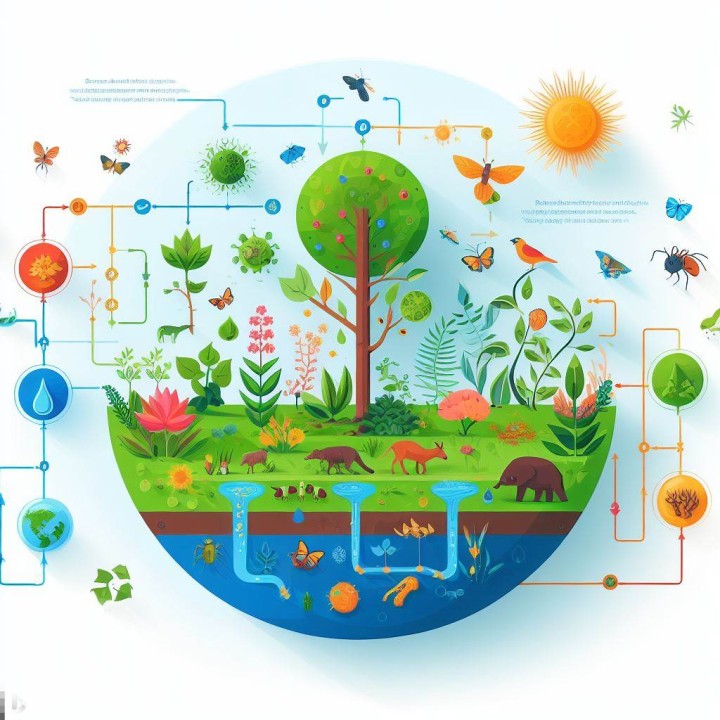
all the living things in an area and the way they affect each other and the environment
Pollution can destroy ecosystems.
We study different ecosystems in school.
renewable
/rɪˈnuː.ə.bəl/
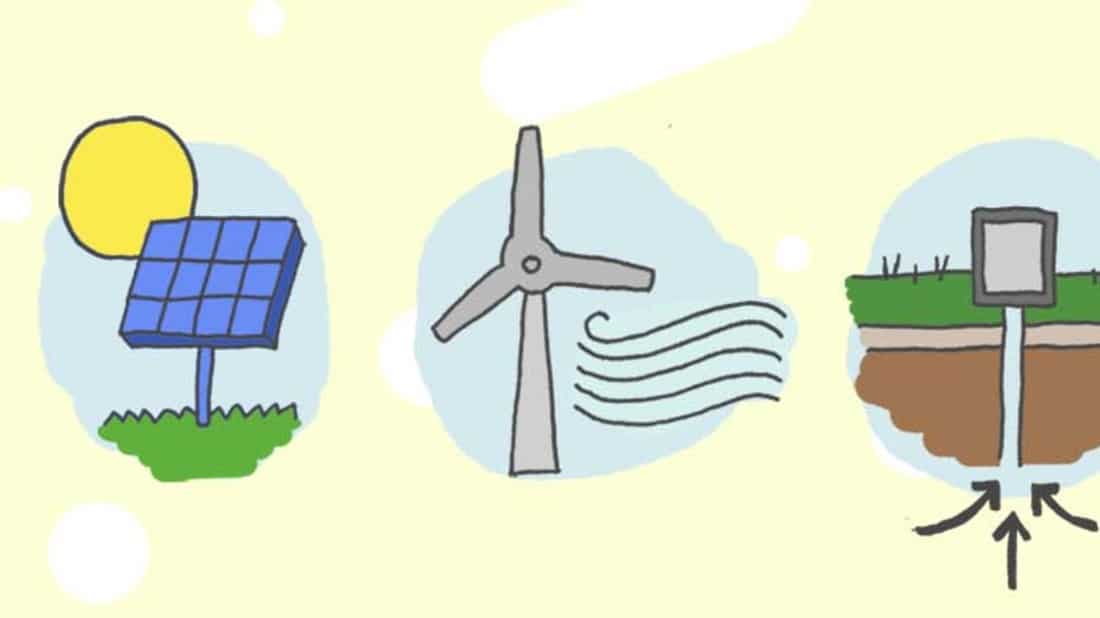
Able to be renewed; in terms of natural resources; something that can be used again or can replace itself naturally
We should invest in renewable resources.
Wind and solar are popular forms of renewable energy.
habitat
/ˈhæb.ə.tæt/

the natural environment in which an animal or plant usually lives
We must preserve natural habitats.
Tigers need a large habitat to survive.
climate change
/ˈklaɪ.mət ʧeɪndʒ/
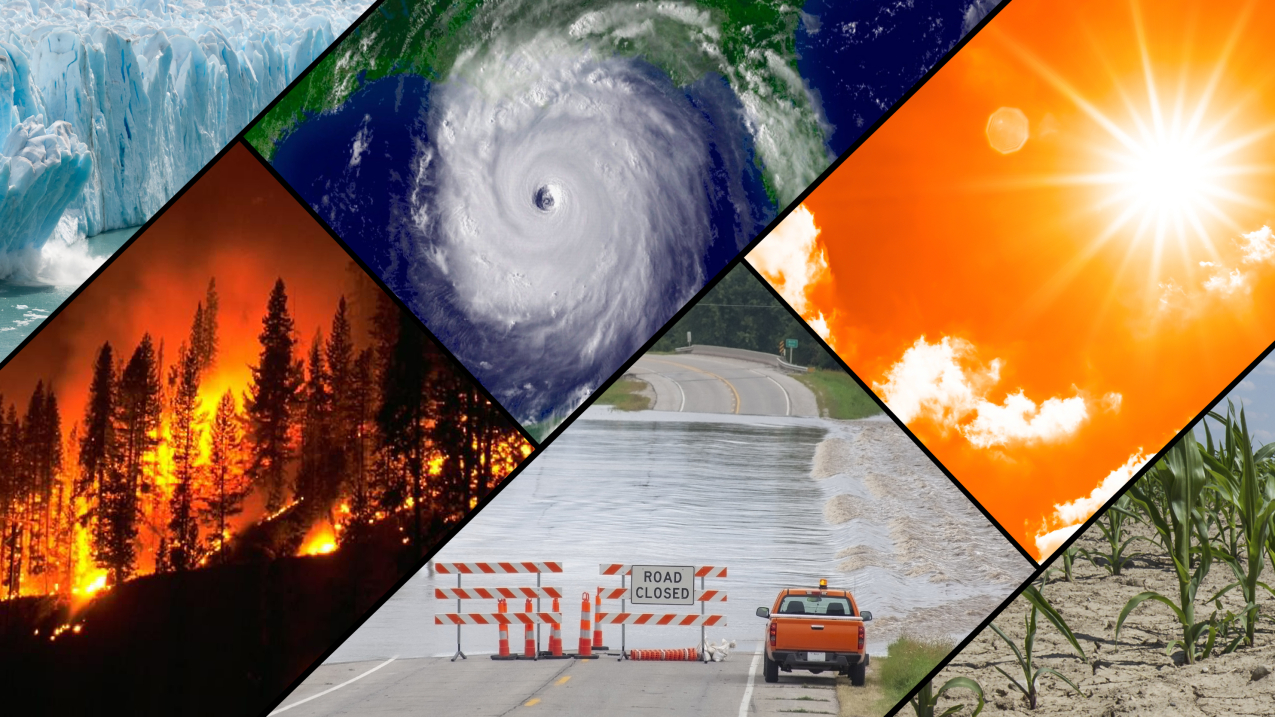
Climate change refers to changes in the Earth's weather patterns, like more heat, strange rain, and stronger storms
Reducing emissions can slow climate change.
We learn about climate change in school.
Make up your own sentences using the words.
Part 3
Reading comprehension
Read the article and answer questions.
Teacher helps student correct their pronunciation.
Simple steps for environmental protection
Environmental protection is crucial for keeping our planet healthy. We can take several simple steps to help. First, we should recycle materials like paper, glass, and plastic. This reduces waste and conserves natural resources. Turning off lights and using less water are great ways to conserve energy and water.
Pollution from cars and factories harms our air and water. Using renewable energy sources such as solar or wind power helps reduce pollution. Eco-friendly practices in farming and manufacturing can also protect our ecosystems. These are the natural habitats where plants and animals live, and they are vital for biodiversity.
Finally, understanding climate change is important. It affects weather patterns and ecosystems globally. By protecting habitats and reducing waste, we can fight climate change and keep our environment clean and safe. Together, by making small changes, we can make a big difference in environmental protection.
Now please summarize the article without reading it.
Part 4
Grammar
Learning how to use “despite, in spite of/ even though, though, although”
1. Despite/ in spite of + Noun/ V-ing
A: Despite scientific proof, one candidate denies climate change even exists
B: Really? That’s surprising in this day and age
A: I know. He denies man-made climate change completely in spite of the overwhelming evidence.
2. Even though/ though/ although + S + V+ O.
A: Even though recycling bins are everywhere, not everyone uses them.
A: Although renewable energy is becoming popular, some countries still use a lot of coal.
Part 5
Discussion
Let’s use the vocabulary you’ve learned during the lesson and talk about the following topics/questions freely!
Teacher helps student expand and correct the answers
What happens if we don’t recycle? How does it affect the environment?
Why should we turn off lights when we’re not using them?
What can happen if we keep wasting water at home?
What are some simple ways to reduce air pollution in our cities?
Why is it important to protect animals’ homes in the wild?
What are the benefits of using things again instead of throwing them away?
Why should we care about climate change even if its effects aren’t immediate?
How can planting trees help our environment?
What can schools do to teach kids about protecting the environment?
Review
Let’s review the lesson with teacher
7 words and phrases in the lesson
Grammer points
Discussing about environmental protection, conservation strategies, the impact of pollution
See you next lesson
Homework
Do homework
Watch this video and summarize the video content in 6-12 sentences
https://youtu.be/lQKOp77eFFg

